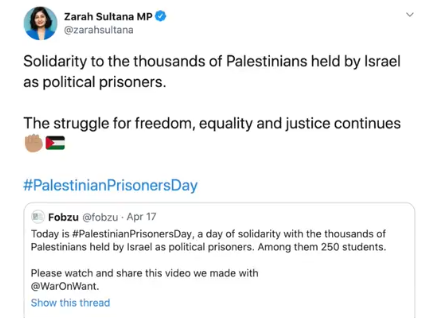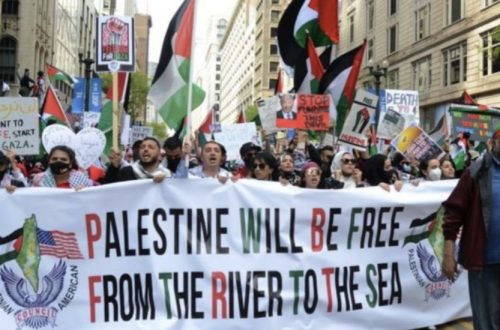This is a guest post by Matt Hill
In the maelstrom of blame and doomsday rhetoric that’s Israeli-Palestinian politics, dispassionate enquiries into the prospects of peace are all too rare. So I’d like to draw your attention to an excellent report from the The Atlantic called ‘Is Peace Possible’. It explores four main issues – borders, security, refugees and Jerusalem – and lucidly explains what peace might look like in each case. And while it avoids firm conclusions, the report has only strengthened my view that peace is there for the taking.
Such optimism may seem eccentric ten years after Camp David, in which we’ve seen a bloody intifada, Operation Cast Lead, and a drift towards pessimism and extremism amongst both peoples. It’s true neither leadership has anything like the imagination or courage necessary to seal an agreement just now. But at the last serious talks, in 2007, substantive progress was made in all areas. Despite the fraying of the two-state consensus in recent years, I believe it’s still the only way out of the Israel-Palestine mess.
When you try and imagine a Middle East peace deal, you can do so in one of two main ways. You can try and come up with the best solution in the best of all possible worlds. Or you can try and imagine an optimal compromise between the reasonable hopes and fears of both sides: the least-bad scenario that has a chance of enduring. That’s what I’ve done in the following paragraphs, drawing on The Atlantic’s special report for supporting detail. This plan doesn’t embody some Platonic ideal of justice; it won’t put right every historical wrong; and it won’t produce two perfect societies. But it has one great advantage: it is, give or take some modifications, the only plan that could work.
…
Refugees
For Israel to retain its Jewish majority, it is impossible for the Palestinian refugees of 1948 (and their millions of descendants) to return to their former homes. The return of millions of poor, hostile refugees would tear apart the fabric of everyday life for the vast majority of Israelis. It would make Israel’s current citizens responsible for crimes committed before most of them were born. A peace treaty that recognised the right of return would have, as one of its provisions, the dissolution of the state of Israel. No doubt that’s what some supporters of the Palestinians ultimately want, but they cannot hope Israel will agree to it.
A fair outcome must include a solution to the refugee crisis without destroying the foundations of the Israeli state. And, whatever its public rhetoric, the Palestinian leadership understands this. As a result, it seems likely that a peace treaty will provide for the resettlement of the refugees in the state of Palestine rather than Israel; an international fund of up to $85 billion to compensate them; and the return of up to 50,000 Palestinians to Israel proper, to symbolise Israel’s partial responsibility for their tragedy.
I’m aware that, by failing to pay lip service to the idea of the ‘right of return’, I’m placing myself outside the boundaries of the pro-Palestinian movement for many. But if membership of that movement necessitates playing politics with the hopes of millions of unfortunate people, I have no interest in joining it.
You can read the rest of Matt’s post here


